Are SSDs Completely Replacing Hard Drives in The Near Future? | ACE Data Recovery Article
SSDs are not expected to completely replace hard disks at any point
Solid State Drives (SSDs) have become increasingly popular in recent years due to their superior speed and reliability. But despite their advantages, SSDs will never completely replace Hard Disk Drives (HDDs). This is because HDDs offer a number of features that make them invaluable for certain applications.
The most important difference between SSDs and HDDs is capacity. The hard disk drives are available in much larger capacities than SSDs, making them ideal for storing large amounts of data. This makes hard drives the go-to choice for applications that require large amounts of storage, such as video editing, gaming, and large databases.
There are 5 storage types where hard drives still have advantage over solid state drives
Core and cloud datacenters
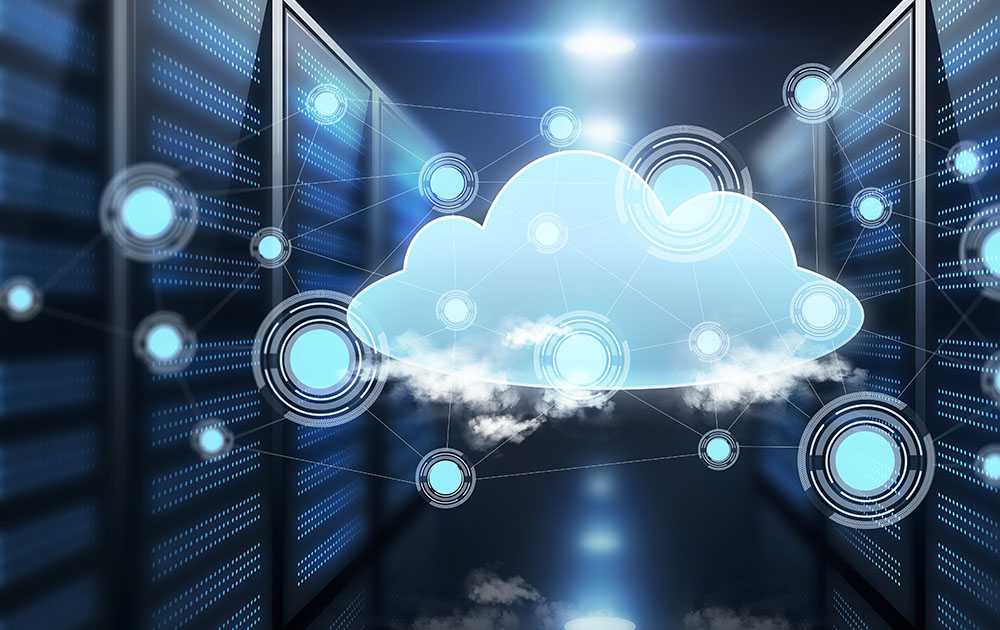
The enterprise and nearline hard drives are the most economical storage for these large online datacenter facilities. HDD capacity is constantly increasing due to the advancement of new technologies, while the price per terabyte is dropping year over year. Flash is much more expensive per terabyte and could not be produced in sufficient amounts to fulfil industry requests.
Network storage in businesses and home users
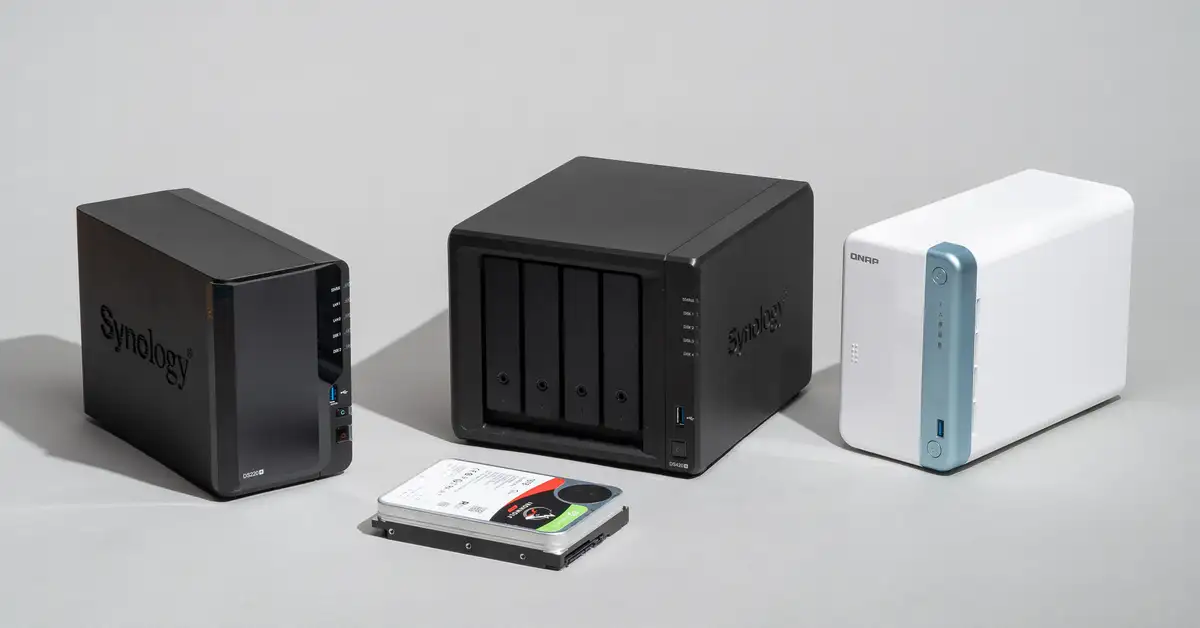
NAS (Network-Attached Storage) appliances serve as central data storage and backups for many small and medium-sized businesses, but also became more and more common in households. NAS systems can handle the network transfer speeds for most small companies and home networks.
Video surveillance storage
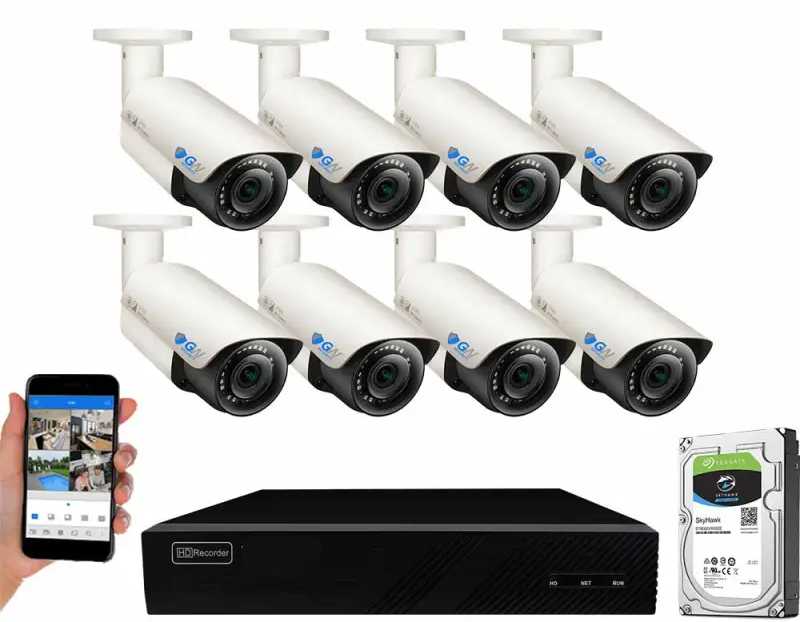
The video surveillance market is booming because the need for security is growing from government, businesses and private users. The surveillance systems and plugins are becoming more affordable, making them attractive even for households.
External storage for computer users
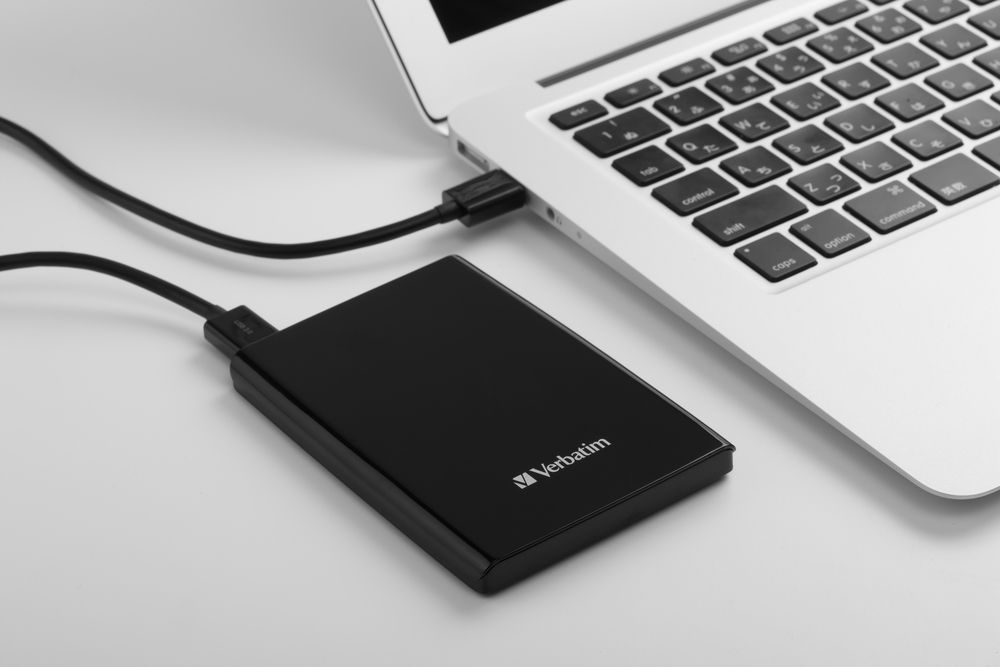
The SATA and especially NVMe SSD drives have displaced the hard disk from almost all laptops and desktop computers. The manufacturers of PCs, notebooks and games consoles install quite small SSDs drives in most cases for cost reasons. PC users is solving problem by adding external hard drives. When storing data externally in the ‘the cloud’ became common practice, users may prefer to have access to locally situated storage – due to security concerns or cost.
Data archives
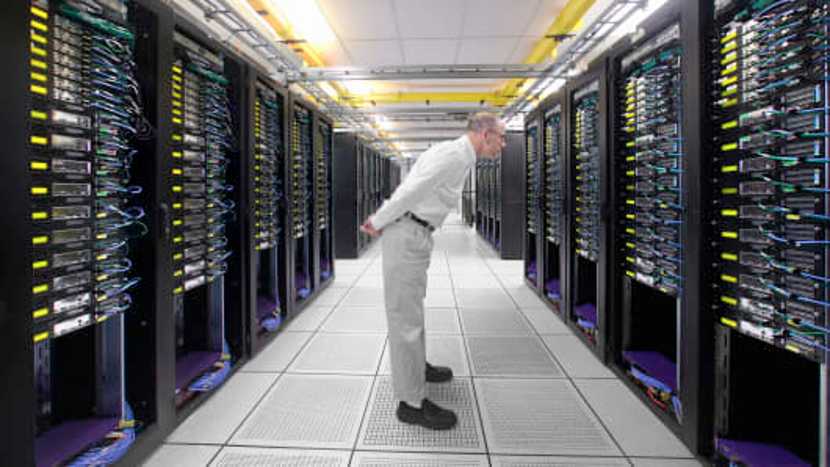
The hard drives will never be replaced by SSDs when it comes to long-term storage of data. HDDs are much cheaper than SSDs per terabytes, making them the more cost-effective option for archive applications. This makes hard drives the ideal choice for applications for shorter access times than tape archives when certain documents need to be retrieved for an audit. Finally, HDDs are much more reliable than SSDs. THe hard disk drives have been around for decades and have proven to be extremely reliable. On the other hand, SSDs are relatively new and have yet to be proven as reliable as HDDs. This makes hard drives the better choice for applications that require data to be stored for long periods of time.
Despite the advantages of SSDs, HDDs will never completely replace them. This is why it is important to have a backup of your data stored on an HDD. The hard drives are much more reliable than SSDs and offer larger capacities at a much lower cost. Having a backup of your data on an HDD ensures that your data is safe and secure, even if your SSD fails.
No matter the issue, ACE Data Recovery Services are the best option for hard drive data recovery. We have the expertise and tools necessary to access the data, even if it is inaccessible due to physical or logical damage.
We're ready to answer your questions and start recovering your lost data from corrupted or damaged HDD. You can reach us right now toll free 1-877-304-7189.
